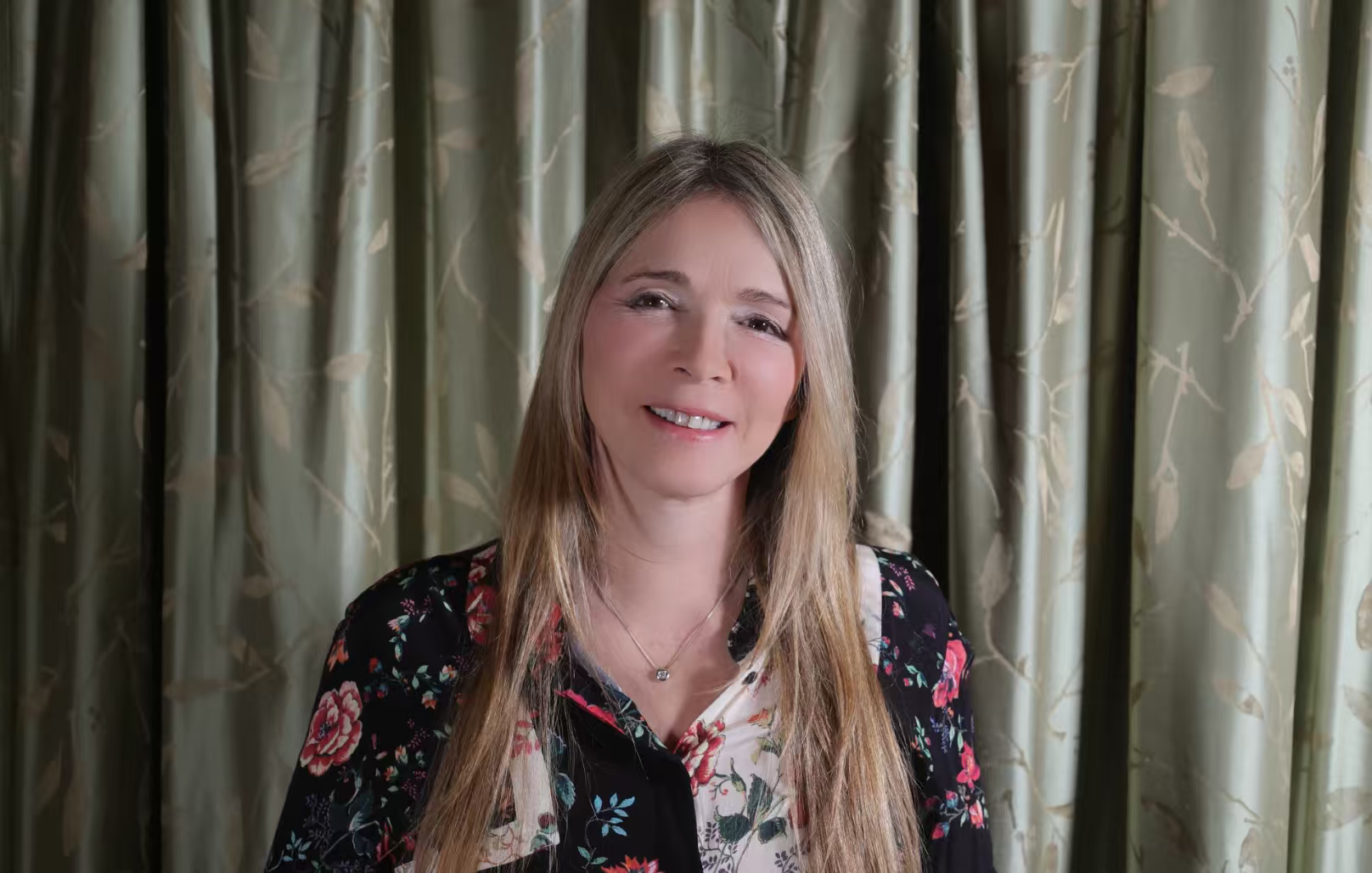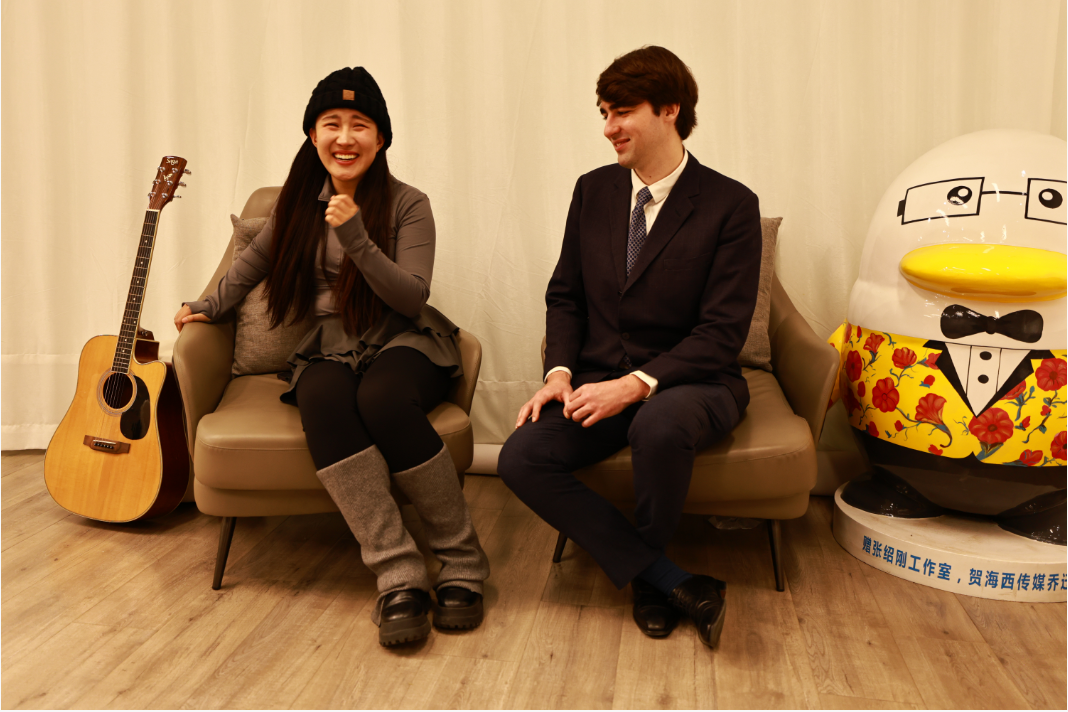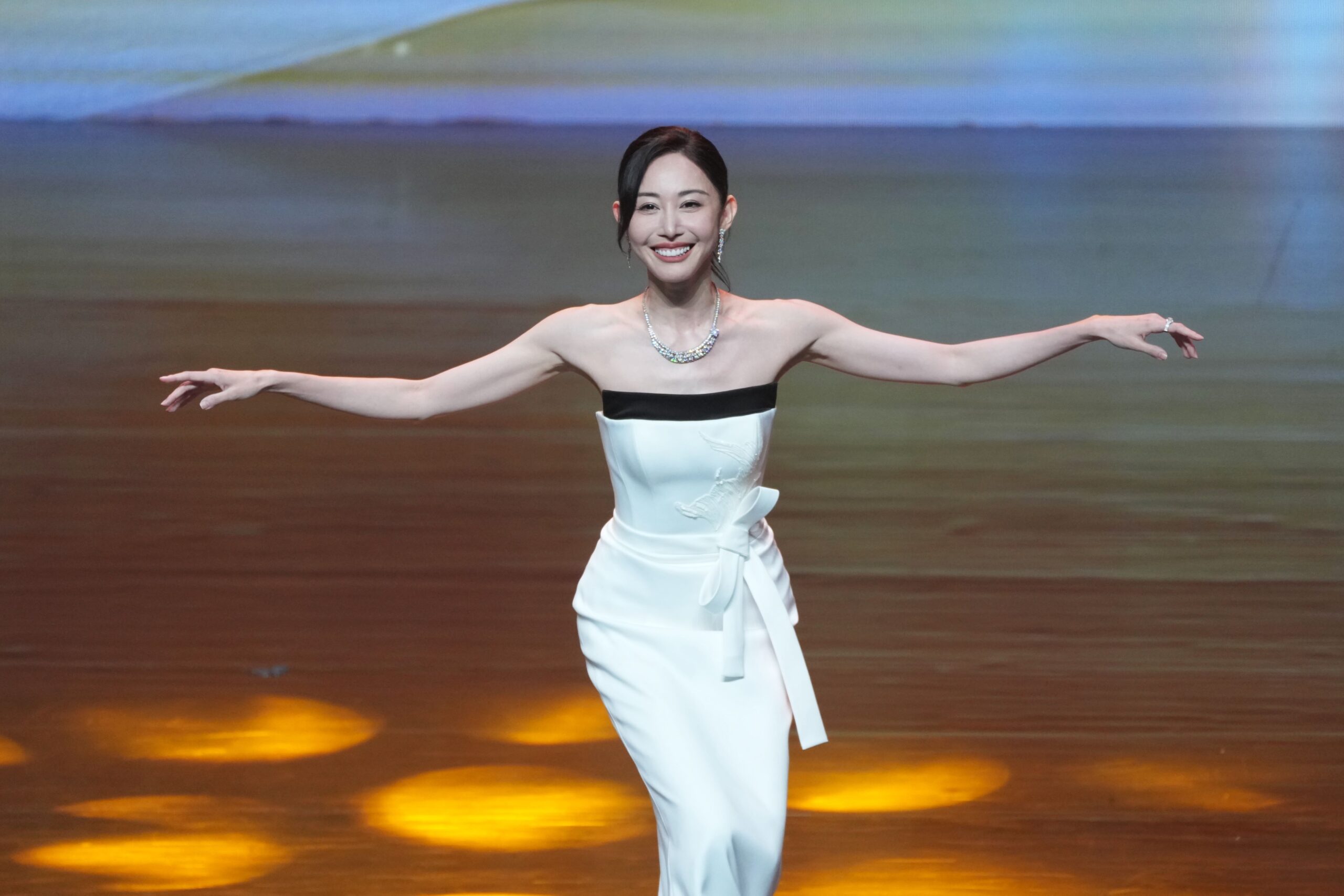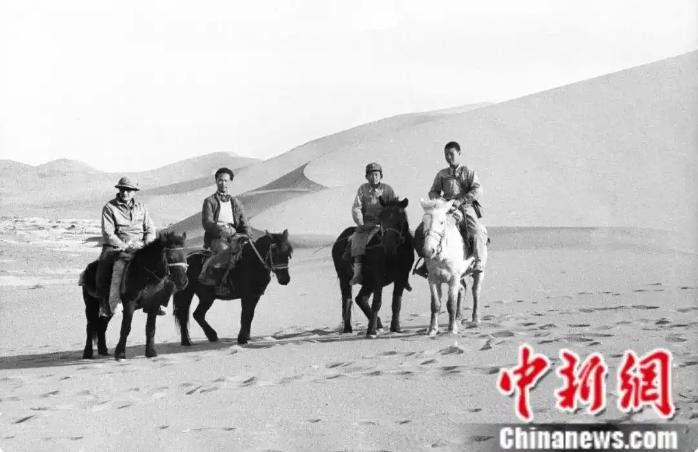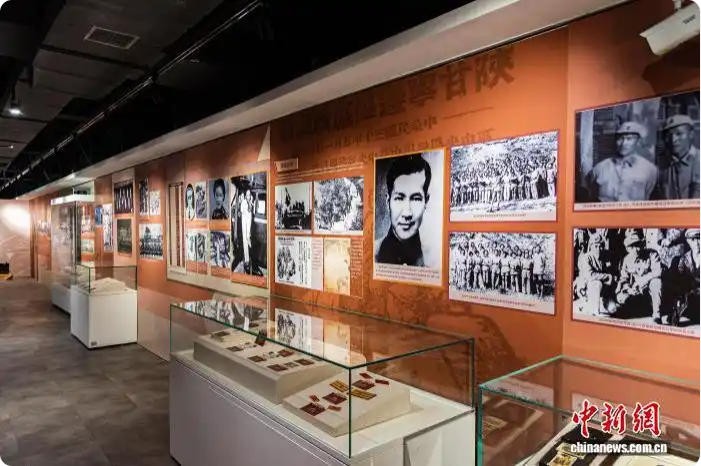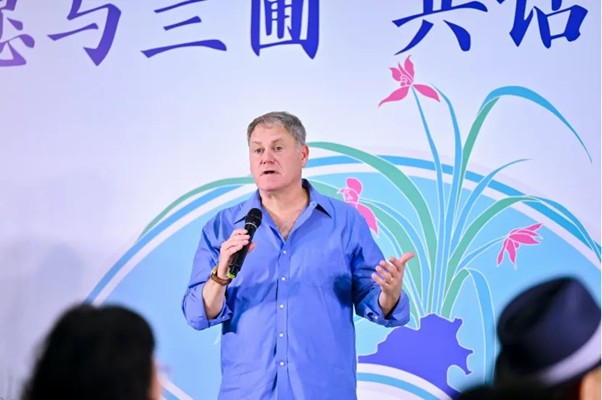John Rabe’s essential role in saving lives during the Nanjing Massacre is remembered 87 years on.
In 1937, the Japanese invasion of China resulted in the horrific Nanjing Massacre. The German John Rabe, then an employee of Siemens, together with other international personnel in China, set up the ‘Nanking Safety Zone’ to provide shelter for more than 250,000 Chinese people. Rabe Diary, which he wrote during his stay in China, has become one of the most important and detailed historical materials documenting the Nanjing Massacre. Now 87 years later, the Rabe family continues the Sino-German friendship that spans over a century.
Thomas Rabe, a 73-year-old professor at the University of Heidelberg in Germany, is the first grandson of John Rabe. He has long been committed to Sino-German medical cooperation and has set up several John Rabe Exchange Centres around the world in an effort to promote the spirit of John Rabe. On the occasion of the 11th National Public Memorial Day for the Victims of the Nanjing Massacre on 13 December 2024, Thomas Rabe was interviewed by East Meets West to explain the significance of passing on the spirit of John Rabe.
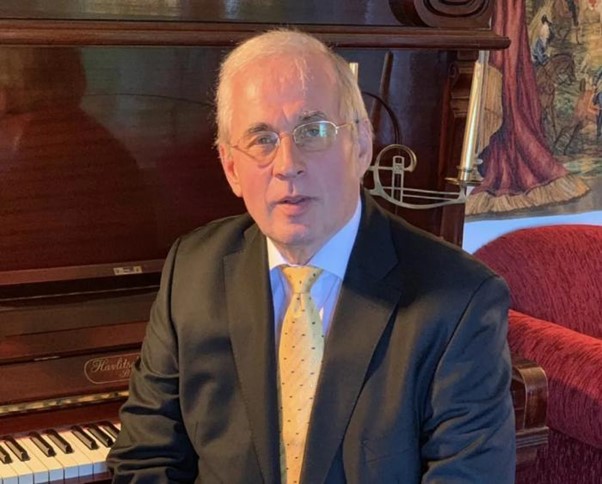
Thomas Rabe, the first grandson of the international friend of China, John Rabe, Professor Emeritus of the University of Heidelberg, Germany, President of the Global John Rabe Exchange Centre, former President of the German Society of Gynaecological Endocrinology and Reproductive Medicine, is now a visiting professor of endocrinology at the Beijing Maternity Hospital of Capital Medical University, and also a visiting professor of modern Chinese history at Beijing Union University. He has long been committed to promoting Sino-German medical cooperation and humanistic exchanges, actively promoting the spirit of John Rabe, and making important contributions to the promotion of Sino-German friendship.
How do you understand the spirit of your grandfather, Mr John Rabe? What is the relevance of his spirit in today’s international community?
Ethics and leadership can be learnt from my grandfather. Decisions, whether political or economic, should not be made in the interest of personal gain, but in a spirit of responsibility to others. This spirit was exemplified in his chairmanship of the International Committee for the Nanking Safety Zone. In addition, humanitarianism, leadership, and commitment to peace and fraternity were his main spiritual attributes.
In today’s international community, these spirits are particularly important in the face of regional conflicts. Chinese President Xi Jinping once said: ‘The Chinese people honour Rabe because of his great love for life and his pursuit of peace.’ Today, it is all the more important that we endeavour to preserve or promote peace so that all the people of the world can enjoy a ‘common future’.
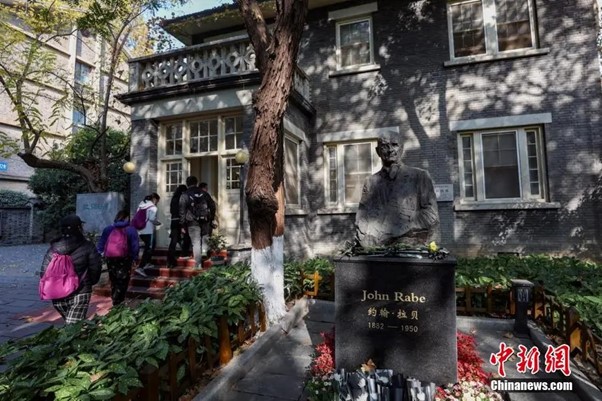
In 2005, you and your wife founded the first John Rabe Exchange Centre in Heidelberg. What were the reasons for the creation of this centre? How has it developed so far?
We purchased a house next to our residence in Heidelberg, which served as a place for exchange between Chinese and Japanese students, as well as a museum and guest house. The house was remodelled and the living area was set up as a museum, with a bronze statue of my grandfather in the garden and a commemorative plaque about his deeds. In addition, we transferred some of the functions of the exchange centre to the house where we live and where most of the conference activities are held.
The John Rabe Exchange Centre in Heidelberg is mainly used for exhibitions, the preservation of historical archives and the acceptance of donations from various sources to support various projects. On 13 December, for example, we invited Chinese and Japanese students to dinner and a commemorative event in the garden. In addition, we organise book discussions to promote cultural and historical exchanges. To complete my research, I also visited the German National Archives in Berlin to collect archival material on people who worked with my grandfather on the International Committee, which I compiled into the book Rabe and China.
There are currently six John Rabe Communication Centres around the world. In addition to Heidelberg, there are two in China, in Beijing and Nanjing; one in Spain and two in Romania. A seventh exchange centre is currently under application in Budapest, Hungary. These exchange centres are operating and developing well. Not long ago, we also held a meeting at the exchange centre in Beijing to discuss how to further deepen cooperation and better connect these centres.
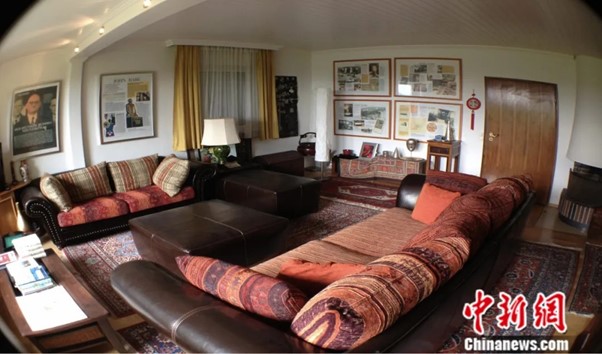
You are committed to promoting the multilingual publication of Rabe and China. How do you see the significance of the international promotion of this book?
In this book, I describe my grandfather’s life story and life experiences, especially the parts related to the Japanese-made Nanking Massacre of 1937-1938. The book also brings together eyewitness reports on the Nanking Massacre, comments by German experts on the Nanking Massacre and on my grandfather, and my cooperation with China, with an emphasis on my work with the Beijing Maternity Hospital of Capital Medical University and Beijing Union University. This book is not a simple biography, but a comprehensive presentation of John Rabe’s deeds from multiple personal, academic and historical perspectives, providing important insights for memorialisation and international exchange.
All proceeds from this book will be donated to the John Rabe Centre’s account, which will be used to support the Centre’s operations and various activities. In addition, we are supported by other private donors and organisations and it is this help that makes the various projects possible. To all those who have supported the dissemination of this book and our humanitarian projects, I am deeply grateful. The proceeds will not only enable us to continue our humanitarian work, but will also support our cooperation with China, including projects such as scientific research and co-publications.
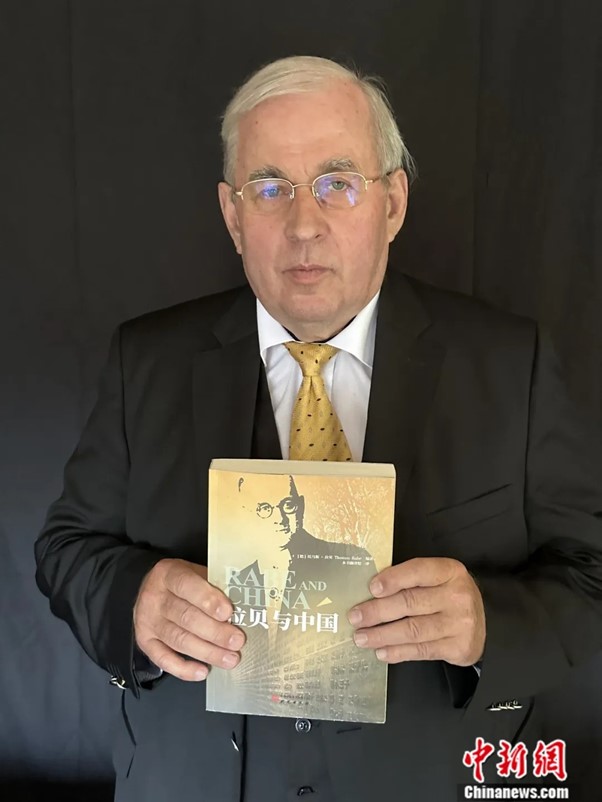
What have you done to promote Sino-German medical exchange and co-operation? How do you see the potential for cooperation between the two countries in the field of medicine?
Under the guidance of Professor Ruan Xiangyan, an expert in the Department of Endocrinology and Reproductive Medicine at the Beijing Maternity Hospital affiliated with Capital Medical University, we have been conducting scientific exchanges with the hospital for more than 10 years. We have conducted joint research projects on breast cancer, established a menopause clinic, a reproductive protection centre, an endometriosis treatment centre and the first ovarian tissue cryopreservation bank in China. We also founded the Sino-German Society of Obstetrics and Gynaecology and held the 16th International Symposium on Problems Related to Menopause and Gynaecological Endocrinology in 2024. We have co-published four books on gynaecological endocrinology in Chinese, which is a special achievement in the field. We also co-developed the ‘Virtual Medical School’ project. This system allows users to virtually visit outpatient clinics, wards, operating theatres, clinical laboratories, medical diagnostic rooms, lecture theatres, libraries, pharmacies, etc., to learn about diagnostic and treatment options. We have identified a number of potential partners to improve the training of doctors worldwide.
The level of medicine in Germany and China differs in some areas. For example, in the field of reproductive medicine, China has a significant lead in pregnancy success rates. There is great potential for cooperation between the two countries in the use of artificial intelligence in medicine, for example in automated medical image analysis, embryo evaluation, semen analysis and medical reporting. China has also shown great interest in this area, and I believe that these areas will see rapid development.
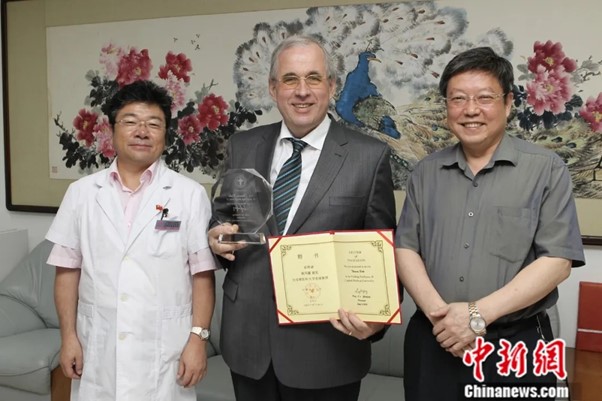
In 2018, you received the Chinese Government Friendship Award. What does this mean to you? As a descendant of Mr John Rabe, has the Rabe family taken on some kind of special mission?
I am of course very happy to receive this award. Every award should inspire the recipient to keep working hard, and I have always lived up to that. This is not just a momentary honour, it is a very special recognition of our family’s continuous efforts over four generations and 116 years of association with China.
My love for the Far East runs in the same vein as my grandfather and father. My son Maximilian is already learning Chinese at a high level. Although he is very busy at the moment and may not be able to travel to China next year, he has promised to continue to promote our work at the Exchange and to pass on the historical documents, ideals and humanitarian example left by my grandfather. Of course, while theory is important, it is even more important to lead by example, to show how to get along with friends and how to live in harmony with those who hold different views. This is essential to promoting understanding and peace between nations and internationally.
How will you further promote the legacy of Mr John Rabe’s spirit and the development of Sino-German relations?
I hope that the work I initiated will continue, especially in the medical field with the Beijing Maternity Hospital. We are currently revising a new 650-page textbook on clinical gynaecological endocrinology, which we plan to publish in both Chinese and English.
We are currently looking for locations in Beijing where we can hold more exhibitions to give visitors a better understanding of my grandfather’s deeds. Before the 80th anniversary of China’s victory in the Anti-Japanese War on 3 September 2025, we plan to replicate the John Rabe House in Nanjing in its original form in a Beijing hutong as a museum for visitors. We need to locate the hutong where my grandfather used to live and will seek support from the German Embassy in China and the Chinese Embassy in Germany to submit the relevant application to the Chinese government authorities. In the meantime, we have scanned and organised the remaining 11 historical books left by our grandfather into a book with German, English and Chinese translations and are looking for a publisher; we are also looking for a producer to make a 10-part documentary series. Through these endeavours, we hope to continue to promote the development of German-Chinese friendship.
If you liked this article why not read: ‘Riding Alone for Thousands of Miles’: Dutchman Ole Bouman’s ‘Journey to the East’.

